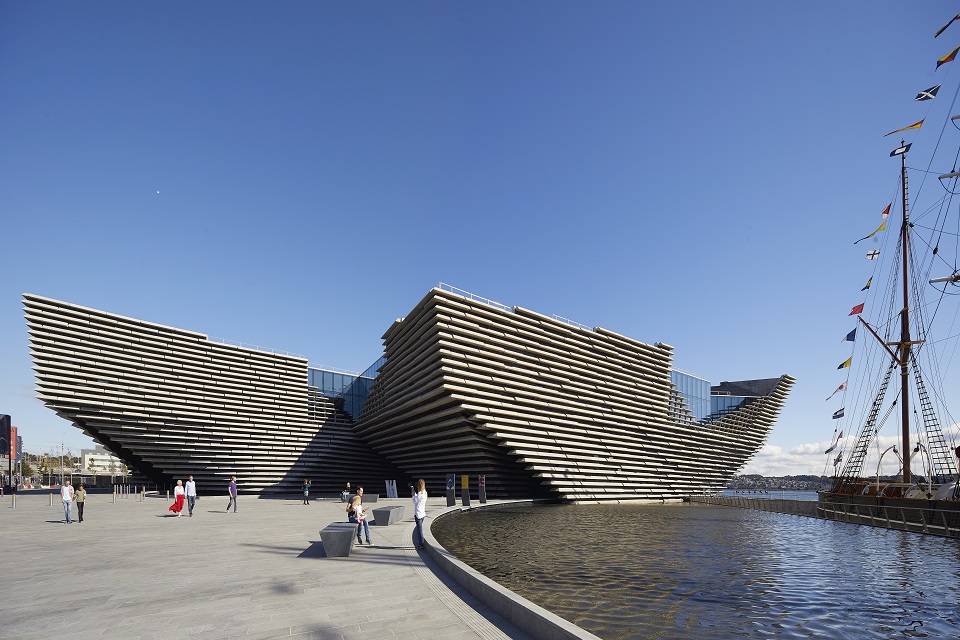Press release: Secretary of State Appointments to the Birmingham Organising Committee for the 2022 Commonwealth Games
Jonathan Browning and Zara Hyde Peters have been appointed for 4 years and 8 months commencing 5 September 2018 until 30 June 2023.
Jonathan Browning
Jonathan Browning is Chairman of the Coventry and Warwickshire Local Enterprise Partnership. He is also a Board Member for the West Midlands Combined Authority and a member of the Auto 1 Group Supervisory Board. He was previously Interim Chairman (2017) and a Non-Executive Director (2015-18) at British Cycling.
During his executive career Jonathan held a number of senior roles within the automotive industry with Volkswagen, Ford, Jaguar and General Motors. He was awarded automotive
industry ‘All Star’ in both 2011 and 2012 and received an Honorary Doctorate from Coventry University in 2017 in recognition for his contribution to the global automotive industry.
Zara Hyde Peters OBE
Zara Hyde Peters is Managing Director at North Hampshire Clinical Commissioning Group, where she relocated after a period as Strategy Director for Birmingham Community Health Care. She was previously Chief Executive of the British Triathlon Federation (2008-2014) and Director of Athlete Development at UK Athletics (2004-2008). Zara has also held Non-Executive roles with UK Sport, the Triathlon Trust and Sport Birmingham.
She competed for England at the 1994 Commonwealth Games and was awarded an OBE for national leadership services to athletics and triathlon in Great Britain in 2011.
The roles
The roles are not remunerated. These appointments have been made in accordance with the Cabinet Office’s Governance Code on Public Appointments. The process is regulated by the Commissioner for Public Appointments. The Government’s Governance Code requires that any significant political activity undertaken by an appointee in the last five years is declared. This is defined as including holding office, public speaking, making a recordable donation or candidature for election. Jonathan and Zara have declared no such political activity.
